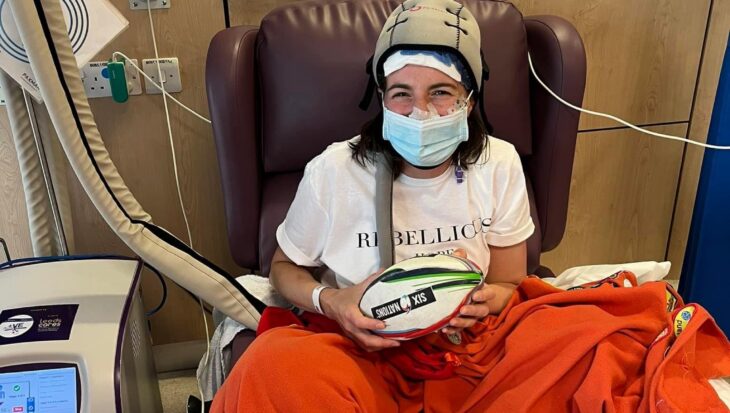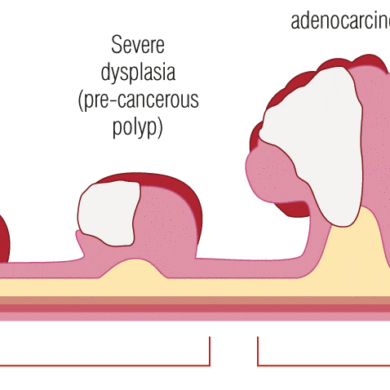Danielle’s oesophageal cancer story
This Oesophageal Cancer Awareness Month, Danielle shares her story. She started having difficulty swallowing in 2022, and her GP thought it was heartburn and reflux. On her fourth visit, she was finally referred for an...





